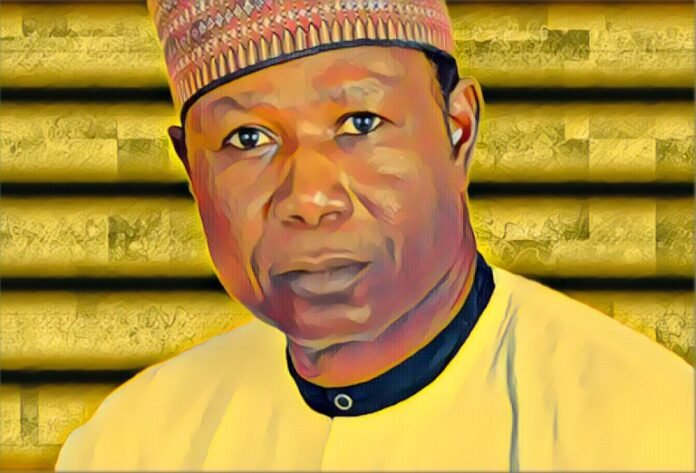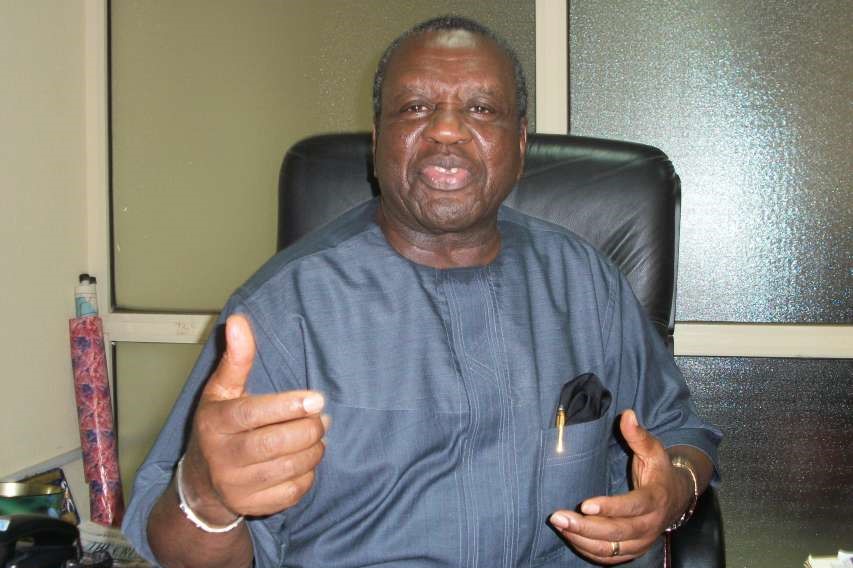In this deeply revealing conversation, Dr. Pogu Bitrus, President of the Middle Belt Forum, opens up on the chronic violence plaguing Nigeria’s Middle Belt. He delves into how religion, politics, and insider betrayal fuel the crisis — and why his people have reached a turning point.
The Interview
Q The killings in the Middle Belt keep escalating. What is your take and what are your people doing about it?
Ans What we’ll do remains a secret — wait and you’ll see results. The killings are deliberate. It’s not about farmers versus herders; that narrative is false. These attacks are organized. People are killed in their sleep and their lands taken. We’ve lamented for too long; it’s time for action.
Q But there have been no effective responses, only more killings.
AnsTrue. That’s why our next steps will be strategic and coordinated. Claims of a new terror group or foreign mercenaries aren’t new. Foreign fighters have long been involved in Nigeria’s crises. However, they don’t operate alone — they collaborate with Nigerians. Some provide weapons, others give logistics. These attackers are not ghosts. The government must protect Nigerians, but if it fails, the people have a constitutional right to self-defense. Our people will rise to that duty.
Q Could the military simply be overwhelmed by the problem?
AnsI don’t agree. Our military has superior capability — air support, surveillance, drones — yet we’re told they’re overwhelmed by bike-riding militants? No. There are subversive elements within the system that aid these terrorists. If the military is serious, it can neutralize these threats swiftly. But internal sabotage weakens their efforts.
Q Some say local people inform the terrorists.
AnsYes, some indigenous people serve as informants — both for the insurgents and security forces. Religion is often the tool of manipulation. When some are told they’re fighting a jihad, they support the terrorists. But this is about control and power, not just faith. In the South-West, religion doesn’t divide — Yoruba unity comes first. In the North, religion has long been exploited to dominate others.
Q But why do these terrorists also attack mosques and Muslims?
AnsBecause they view any Muslim helping “unbelievers” as enemies too. Shekau made that clear in his videos — Muslims aiding the government are also targets. Ethnic rivalries add complexity: if Fulani militias face resistance from Hausa vigilantes, even Hausa mosques become targets. It’s a twisted mix of religion, ethnicity, and manipulation.
Q So, this is about radicalism?
AnsYes. Radical Islam has taken a violent turn, spreading from the Middle East into Africa. Interpretation is everything. One sees jihad as spiritual struggle; another sees it as violence. Unfortunately, the latter dominates now. Worse still, our borders are porous. Foreigners walk in, blend in using religion, and settle with ease. In the South, religion doesn’t grant that kind of access. In the North, it does.
Q Some say the killings in the Middle Belt are linked to recent violence in Edo. Do you agree?
AnsNo. The Edo incident — the killing of hunters — isn’t terrorism. But politically, one can see how insurgency might be used to undermine the current government. The North has loudly criticized Tinubu’s administration. Similar things happened under Jonathan, including blackmail. So yes, insurgency can be weaponized politically.
Rate, Like 👍, Comment, share this article and Follow us on our social media handles.





![Buhari Will Stand Against Free And Fair Election – Buba Galadima [Chairman, Reformed All Progressives Congress (R-APC)]](https://joliba.com.ng/wp-content/uploads/2019/01/Buba-Galadima_-e1547696869731-100x70.jpg)

